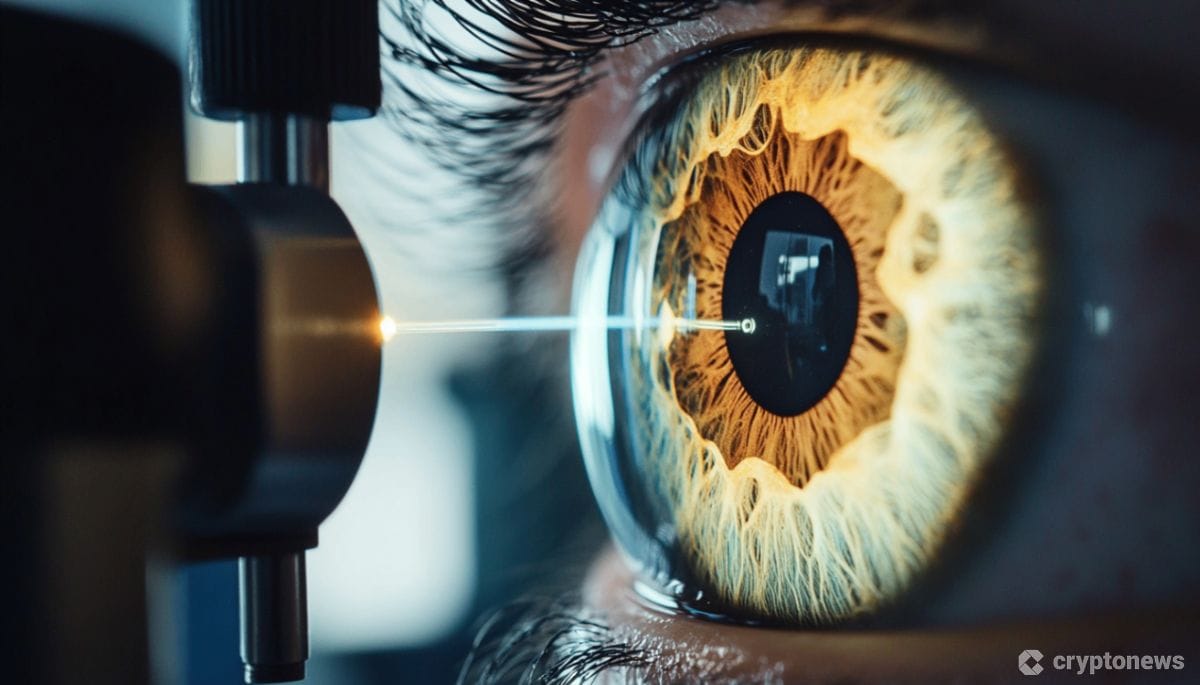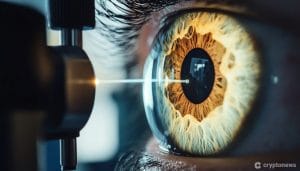Last updated:
 Why Trust Cryptonews
Why Trust Cryptonews

Crypto project Worldcoin is now facing scrutiny in Colombia for alleged breaches of the country’s personal data protection laws, following similar accusations in several other nations.
On Wednesday, Colombian watchdog, the Superintendence of Industry and Commerce (SIC), announced it had filed charges against the project. The aim is to investigate if it contravened laws on safeguarding personal information, particularly in how it handles sensitive data.
If the regulator finds Worldcoin guilty, the company could face significant penalties. These may include hefty fines or a suspension of its data processing activities for up to six months.
Worldcoin didn’t return Cryptonews’ request for comment by press time.
Worldcoin Under Fire for Potential Privacy Risks in Biometric ID Project
In 2019, OpenAI CEO Sam Altman, together with Max Novendstern and Alex Blania, founded Worldcoin. Their goal was to create a mechanism where individuals worldwide can verify their human identity online, facilitating universal participation in the global economy.
The heart of the debate surrounding Worldcoin involves how it gathers biometric information.
The project uses a device called an “orb” to scan users’ irises, creating an IrisCode but not retaining the iris image itself. This code serves to create a World ID on the Worldcoin blockchain, enabling users to confirm their human identity without disclosing personal information.
Critics contend that exchanging irreplaceable biometric data for cryptocurrency poses substantial privacy risks. They worry that such data might be exploited for surveillance or traded to third parties, even though Worldcoin asserts it maintains user privacy.
Iris Scanning Tech Faces Global Backlash Over Data Privacy
Previously, Worldcoin encountered global regulatory scrutiny over its data handling. In June, Noah Kim, the only Korean staff member at Worldcoin developer Tools for Humanity, said that the primary challenge for the project stems from misunderstandings about how it collects data and performs iris scans.
He explained that the orb’s sole function is to verify the authenticity of the user through iris scanning. “We create an encrypted code and delete the rest of the data immediately,” he added.
Kenya recently announced it concluded its investigation into Worldcoin, which had been halted there last year. The Directorate of Criminal Investigations (DCI) stated that the project can recommence its activities in Kenya once it secures the required permits.





